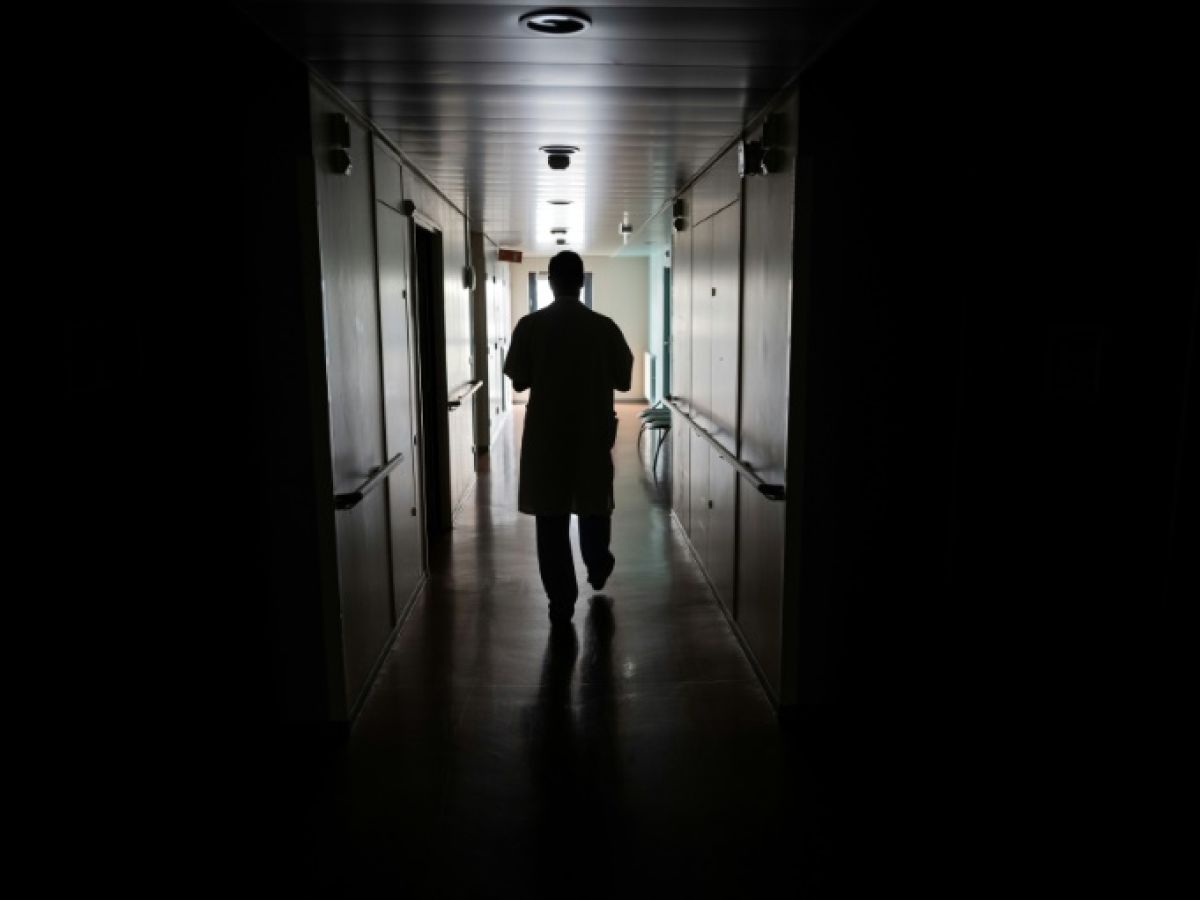With her rounded belly under a black dress and a bottle of water at her feet, Tiffany Berlan is experiencing a "very complicated" pregnancy, she says, due to the scorching temperatures that can cause pain, contractions and prematurity, according to Professor Paul Guerby, head of the maternity department at Toulouse University Hospital.
"I feel very weak" and "likely suffocating," the 28-year-old confides, when she talks about the hot flashes associated with her seven-month pregnancy, combined with the 32°C temperature felt in her unair-conditioned apartment.
Already a mother of two, she became pregnant for the first time in the summer and "it's tough," she describes, while in Toulouse the mercury exceeded 40°C.
– Feelings of fainting –
Without sufficient financial means to afford air conditioning, this night driver-deliverer is one of the pregnant women who "had a much harder time with this intense heatwave" due to "income inequality," points out Paul Guerby, obstetrician-gynecologist.

"You feel a bit like you're going to faint," says Tiffany Berlan, waiting for her appointment in the maternity ward waiting room.
On a daily basis, when she goes out, the young woman explains that she has gotten into the habit of "walking with a frozen bottle of water" for "longer life" and drinking "four liters of water per day."
Exposing herself to the sun has become painful and worrying for her: "My stomach is so hot" that it feels "like it's burning."
Forced to isolate herself on the advice of her midwife, Tiffany Berlan lives her pregnancy in front of the two fans in her apartment and takes several showers a day. But "it's still very complicated," she says.
During the day, it is hot "inside and out," while at night, when temperatures remain high, she "wakes up repeatedly" because of the heat.
– Hospitalizations on the rise –
With her two-day-old baby Livia in her arms, Céline Paez slowly recovers from childbirth, sitting on the bed in her hospital room.
With support stockings still around her legs, the young woman had "circulation problems" forcing her to undergo "pressure therapy".

She says she is "glad" that the temperatures have dropped because the feeling of heat is amplified "with the hormones."
During her pregnancy, Céline Paez experienced many contractions and "great pain," she says, which worsened as she approached delivery.
Due to a "higher metabolism," pregnant women have "a more intense cardiac output, kidney and heart function," notes Paul Guerby.
A process that results in "a continuous stress test" gradually increasing until delivery, he adds.
The heatwave, which hit France in two waves this summer, can have serious consequences for pregnant women and their pregnancies, to the point that hospitalizations and emergency consultations increase during periods of high heat at the Toulouse University Hospital.
Dehydration, the main effect, according to Paul Guerby, can lead to "heat stroke, discomfort", "uterine contractions" or even intense pain due to pinching "of the urinary tract during pregnancy".
In the department he heads, the gynecologist observes "more premature births during periods of high heat and heatwaves."

Staying in cool places and "strictly exceeding 2.5 liters of liquid and water per day" remain the best ways for pregnant women to protect themselves from the heat, advises the professor.
According to a large study published in November 2024 in the journal Nature Medicine, high temperatures increase multiple risks for pregnant women, ranging from premature births to death of the newborn, including congenital malformations.
"Increasing exposure to heat poses a major threat to the health of mothers and newborns," warn the authors of this work, compiled from nearly 200 studies.

